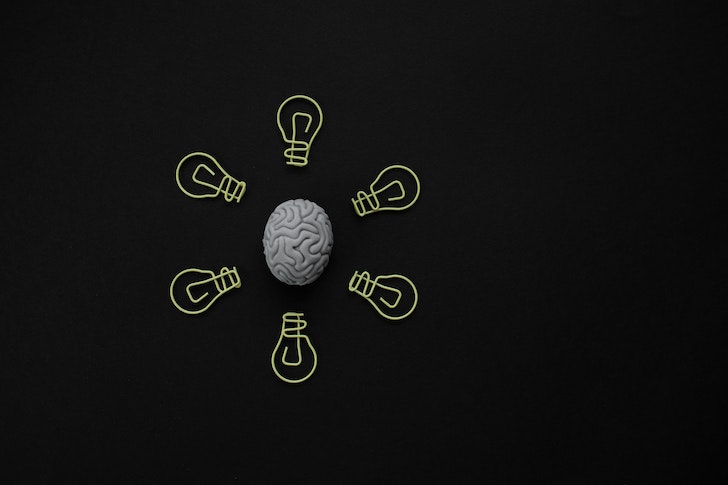Dreams are an integral part of the human experience, allowing us to explore possibilities and ideas that might otherwise remain hidden. Dreams offer a space for the unconscious mind to make sense of our circumstances, often revealing patterns or solutions to problems we are struggling with in our conscious lives. This is why it’s important to remember and analyze our dreams, as they can offer important insights into our emotional state.
They are a mysterious and fascinating phenomenon that has captivated the minds of humans for centuries. Dreams have been thought to reveal hidden knowledge, provide insight into our unconscious desires, and even foretell the future. But what exactly is going on in our heads while we dream?

EKATERINA BOLOVTSOVA/Pexels | Brain’s activity varies while we are sleeping
Sleep experts have studied dreams extensively and found that they can be incredibly vivid and realistic, sometimes lending themselves to being remembered long after waking up. While scientists may not yet understand the full purpose of dreaming, there is evidence that points to the idea that dreams can serve as a form of emotional regulation.
Sleep Cycles
The first key element to understanding why some dreams become so vivid is related to sleep cycles. During REM (Rapid Eye Movement) sleep, our brains are considerably more active than during non-REM sleep cycles — as if we were awake but with drastically reduced motor activity.
This increased brain activity is part of what facilitates such intense dreaming experiences and why they can often be recalled more easily than other, less vivid dreams.

Pixabay/Pexels | Emotions play a huge role in forming memories, which explain why one remembers certain kind of dreams
Emotional Intensity
Another factor contributing to certain dreams' vividness is their emotional intensity. According to some theories, emotions play an essential role in forming memories of any kind, which, in turn, could explain why certain emotionally charged dreams tend to be more easily remembered upon waking up than more neutral ones.
Additionally, some experts suggest that because emotion can act as a cognitive cue or “context” within which different information can be organized and stored in memory, this may enhance the recall-ability of certain elements from a dream.
Manage Difficult Emotions
Moreover, it’s believed that dreaming provides us with an adaptive function for managing difficult or complex emotions we experience in everyday life by giving us an opportunity to rehearse potential scenarios and practice different ways of responding or reacting so that when we’re actually confronted with those challenges in real life, we’ll have better coping skills at hand.
This ability may go hand-in-hand with how intensely we remember certain dreams since they can potentially serve as important learning experiences for us later on down the line.

Pixabay/Pexels | Did you know that dreams serve as a great way of learning how to deal with difficult emotions?
To Wrap It Up
Ultimately, despite still being somewhat shrouded by mystery, modern science has managed to shed light on many aspects related to dreaming and its possible benefits for us as individuals. This includes why some of our dreams seem so much more vivid than others thanks to various cognitive processes taking place as we restfully slumber away each night.









